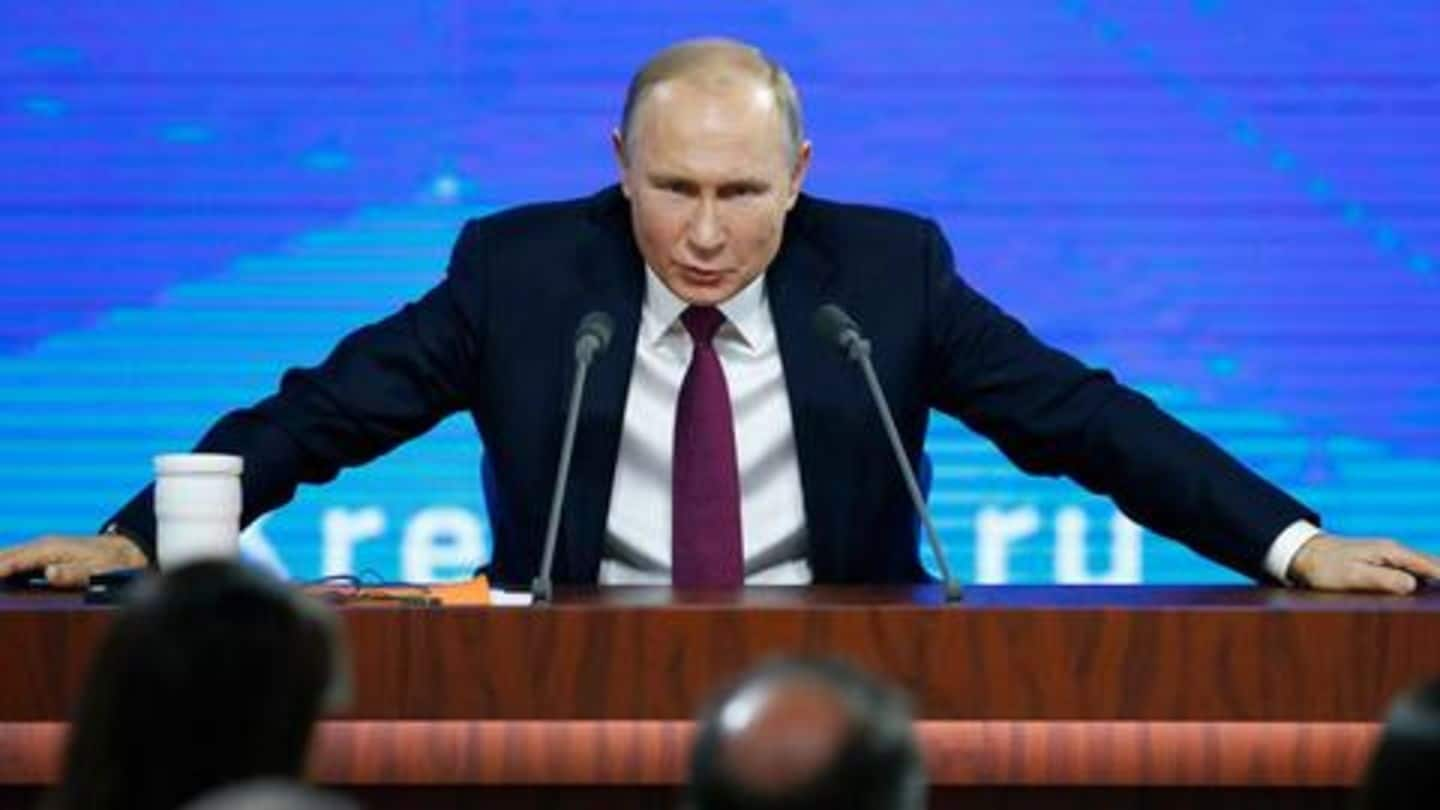
Russia just tested its own internet: Here's what this means
What's the story
In a major move, Russia has tested its own alternative to the global internet. The country-wide network, if rolled out publicly, could give the Russian state complete control over the online activity of its citizens. They would have the power to moderate what people see online, marking major blow on both internet freedom and privacy. Here's all about it.
Test
Russian internet trial run successful
Though the details of Russia's state-controlled internet, or its functioning for that matter, aren't exactly clear, the Ministry of Communications of the country claims that the test of the network went successfully. It said that the people who tested the local intranet, internally called project Runet, didn't find it any different from the typical web they had been using all this time.
Details
Runet would filter out content from the web
From what reports indicate, Runet would control the internet and block access to content just like Iran, Saudi Arabia, and China have been doing. It "would get ISPs and telcos to configure the internet [and censor out select content/websites/apps] within their borders as a gigantic intranet, just like a large corporation does," Alan Woodward, a computer scientist at the University of Surrey, told BBC.
Impact
This would mark a major hit against internet freedom
According to the Russian Ministry, the results of the successful test will now be presented to President Putin to, presumably, decide on the next steps and work towards the wider roll-out of the state-controlled internet. Now, when this happens, Russian internet users would only be able to access government-approved sites/content. The state will also have the ability to monitor/silence dissidents and protesters, online.
Quote
Woodward explained the possible impact
"Authoritarian countries which want to control what citizens see are looking at what Iran and China have already done. It means people will not have access to dialogue about what is going on in their own country, they will be kept within their own bubble."
Other efforts
Russia has already been breaking itself from the world
Russia's plan to have its own internet comes as another step in what it touts as a broader effort to achieve self-sufficiency in technology and infrastructure. To recall, the country has already introduced the "sovereign internet" law allowing content to be blocked during emergencies as well as banned the sale of phones that don't have Russian apps pre-installed.